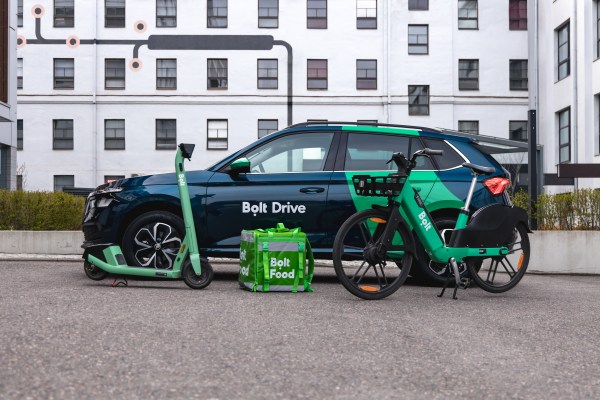
The future of Bolt, the Estonia-based ride-hailing company, in Tanzania is hanging in the balance following a new 15% service fee order that came into effect Friday last week.
Bolt, Uber’s main rival in Europe and Africa, in response to queries by TechCrunch, said it had reached out to relevant stakeholders including the Land Transport Regulatory Authority (Latra) to re-negotiate the new terms. Latra, formed in 2020 to regulate taxi services in Tanzania, reviews and sets fare.
“Bolt has requested a meeting with the relevant stakeholders to further discuss this particular matter with the hope of reaching favorable tariff and commission regulations, even as we continue to seek and explore alternative lobbying options provided within the legal framework including Latra regulatory framework,” said Bolt East Africa regional manager, Micah Kenneth.
Bolt, which charges its partners a 20% commission, however, said that it will switch off its car category should nothing change. This would leave the market to smaller players like Little, which charges a 15% commission, and Ping.
Uber, which charges a 25% commission, suspended its operations in the country last week over the same issue, but said it would resume business in the East African country if the terms became favorable.
“While we acknowledge and appreciate Latra’s mandate, we strongly believe that the introduction of control tariffs in a well-functioning and competitive ride-hailing sector is detrimental to a free market economy. Nevertheless, Bolt has implemented the directive under duress and for a limited interim period,” said Kenneth.
“We are complying temporarily to demonstrate goodwill and our commitment to engage with Latra for more favorable regulations that enable further investment. We are cognizant of the fact that should Latra maintain the status quo, the market will eventually cease to be viable for Bolt, and this will necessitate turning off our car category.”
Bolt, which has operations in seven markets in Africa including Kenya, South Africa, Uganda, Ghana and Nigeria, said switching off its service in mainland Tanzania would affect over 10,000 drivers.
Mid last month, Latra reviewed the rates for ride-hailing companies including the maximum distance (per kilometer) rate and commission. In the new directives, Latra requires ride-hailing companies to reduce the “dead kilometers” – the distance drivers are expected to cover to pick a passenger, and to provide a platform where drivers can be “heard” when passengers lodge complaints. The authority also doubled the per-kilometer rate for ride-hailing companies due to increasing fuel prices, and set minimum fare too.

